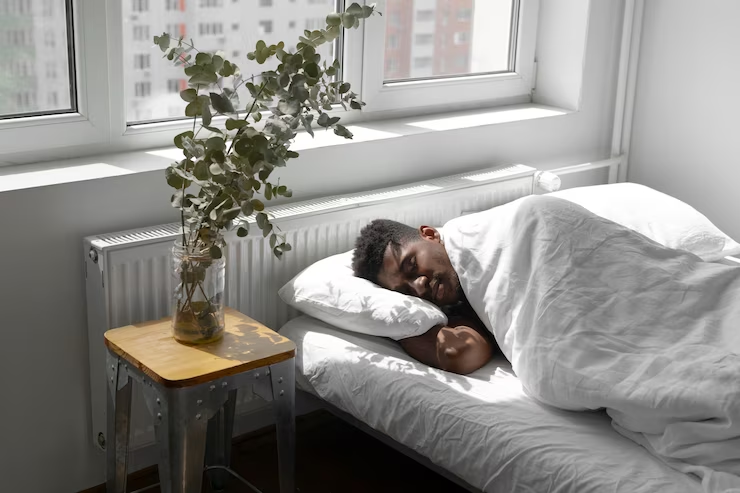Sleep is an essential aspect of our overall well-being, playing a crucial role in physical health, mental well-being, and cognitive function. However, many individuals in South Africa struggle with sleep-related issues, such as insomnia, restless sleep, or difficulty falling asleep. While there are various pharmaceutical options available to address sleep problems, natural remedies can also play a significant role in promoting better sleep. In this article, we will explore the potential benefits of natural remedies for improving sleep in South Africa.
- Herbal Teas: Herbal teas have long been used as natural remedies to promote relaxation and better sleep. Chamomile tea, in particular, is known for its calming properties, helping to reduce anxiety and induce sleep. Rooibos tea, a popular South African herbal tea, is rich in antioxidants and caffeine-free, making it an excellent choice for evening consumption. Other herbal teas that may aid in sleep include lavender, valerian root, and passionflower. These teas can be enjoyed as part of a bedtime routine, providing a soothing and relaxing effect.
- Aromatherapy: The use of essential oils can have a positive impact on sleep quality. Certain scents, such as lavender, chamomile, and bergamot, are known for their calming and sedative properties. Incorporating essential oils into a bedtime routine can help create a relaxing atmosphere conducive to sleep. Whether through the use of diffusers, room sprays, or pillow mists, aromatherapy can promote a sense of tranquility and aid in falling asleep faster and enjoying a more restful sleep.
- Magnesium: Magnesium is an essential mineral that plays a role in promoting relaxation and healthy sleep. It helps regulate neurotransmitters and hormone production, contributing to a calm state of mind. Consuming magnesium-rich foods, such as dark leafy greens, nuts, seeds, and whole grains, can support better sleep. Additionally, magnesium supplements may be considered under the guidance of a healthcare professional for those with magnesium deficiency or chronic sleep issues.
- Sleep-Friendly Environment: Creating a sleep-friendly environment can significantly impact the quality of sleep. Ensure your bedroom is cool, dark, and quiet. Invest in comfortable bedding, pillows, and a supportive mattress. Consider using blackout curtains or an eye mask to block out external light, and earplugs or a white noise machine to minimize disruptive sounds. These adjustments can create an optimal sleep environment, promoting better sleep and reducing disturbances.
- Relaxation Techniques: Practicing relaxation techniques before bed can help prepare the body and mind for sleep. Techniques such as deep breathing exercises, progressive muscle relaxation, and meditation can promote a state of calm and relaxation, making it easier to fall asleep. Apps or guided meditation recordings can assist individuals in South Africa in incorporating these techniques into their nightly routine.
- Exercise and Physical Activity: Engaging in regular physical activity is beneficial for overall health and can positively impact sleep quality. Regular exercise promotes the release of endorphins, reduces stress, and increases the body’s need for restorative sleep. However, it is important to time exercise appropriately. Vigorous exercise close to bedtime may have a stimulating effect, so it is best to schedule workouts earlier in the day. Light stretching or gentle yoga before bed can help relax the body and prepare it for sleep.
- Consistent Sleep Routine: Establishing a consistent sleep routine is essential for regulating the body’s internal clock. Aim to go to bed and wake up at the same time each day, even on weekends. This consistency helps set a sleep pattern and ensures better sleep quality over time.
While natural remedies can be effective for many individuals in improving sleep, it is important to note that results may vary. If sleep issues persist or significantly impact daily life, it is advisable to consult with a healthcare professional for a comprehensive evaluation and appropriate guidance.
In conclusion, natural remedies can play a valuable role in promoting better sleep for individuals in South Africa. Incorporating herbal teas, aromatherapy, magnesium, creating a sleep-friendly environment, practicing relaxation techniques, engaging in physical activity, and establishing a consistent sleep routine are among the natural approaches that can contribute to improved sleep quality. By adopting these natural remedies, individuals can strive for restful and rejuvenating sleep, enhancing their overall well-being and quality of life.










